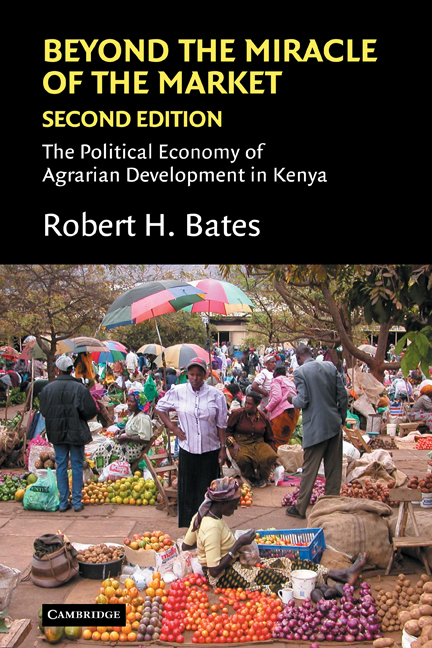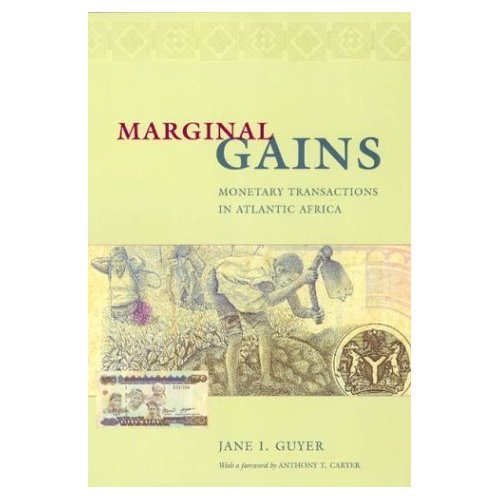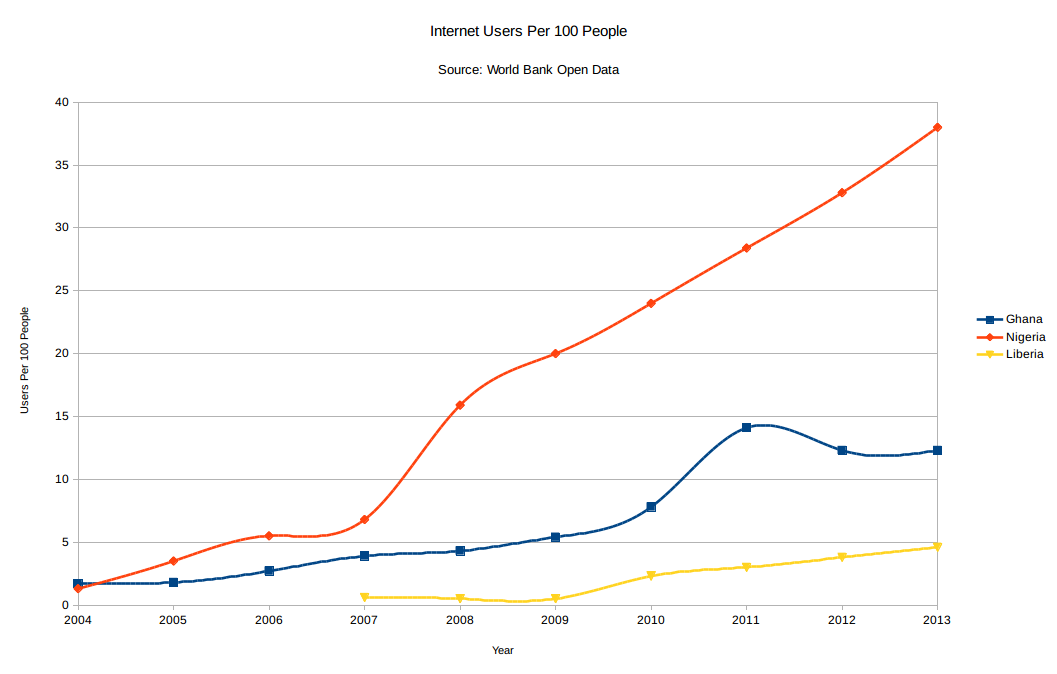I completed and successfully defended my Ph.D. dissertation in May 2018.
Tag Archives: Africa
Teaser

Charts
This collection of visualizations of open data feeds some background work for the dissertation proposal. It’s an attempt to find open areas for questioning. Some issues that can be noted from these graphs: Why does the pattern of Internet adoption in the region under discussion diverge from that of the global aggregate? What are the mutual effects of human development, political changes, economic patterns, and technological movements over time? Finally, what, if anything, do these numbers tell us about the relations between those in power and those without power in the region? Though the straightforwardly quantitative measurements here appear simplistic, the concatenation of assumptions and abstractions that found them lead to further complexity, not less. So:
The relative positions of the countries that I am studying, in terms of the U.N. Human Development Index:

Review – Bates, Beyond the Miracle of the Market
Beyond the Miracle of the Market addresses broad questions, among which perhaps the broadest, most enduring has occupied theorists for centuries: Why do some countries succeed where others fail? To answer this in the context of late-twentieth century developing nations, Robert Bates constructs a detailed way of thinking about this central issue in economics, which troubles the very position of the State in its course. Markets, and the institutions that dominate their constituencies, take center stage here, while political and social interests form the supporting apparatus and the lenses through which to examine change in those institutions over time. In this way, Bates approaches the questions of growth, stability, and crisis in developing-nation economies without striking either condescending or dismissive tones, and without mistaking patterns for general truths. Continue reading

Reflection – Jane Guyer
The economic anthropology of Jane Guyer, concentrated on Africa’s western and equatorial regions, finds rich expression in this collection of the Lewis Henry Morgan lecture series delivered at the University of Rochester some fifteen years ago. Guyer’s methodological reflexivity brings her implicit and explicit critique to bear on both traditional anthropology and traditional economics, the result of which is a nuanced, multivariate logic of exchange and decision-making that brings close contextualization to the fore of questions that might otherwise veer impossibly into the abstract. Historically grounded and empirically driven, Guyer elucidates the curious interplay between formal and informal markets in Atlantic Africa, particularly the role of circulation of multiple currencies at once. Continue reading

Reflection – World Bank Development Report 1998-1999
A decade ago, we imagined technology in the context of development as a duality: challenge and opportunity. The World Bank’s research and rhetoric laid bare the stakes of their development strategy, through which knowledge in its macro-level forms – instrumental and qualitative – could be either directed through technology, or allowed to continue to accrue as an asset for already-well-positioned groups. Their understanding of the relationship between power and governance played a crucial part of this strategy. However, as the implications for policy put forward by the report make clear, this epistemological schema does not inquire after the roots of globalization or the impacts of changing forms of sovereignty. Continue reading
